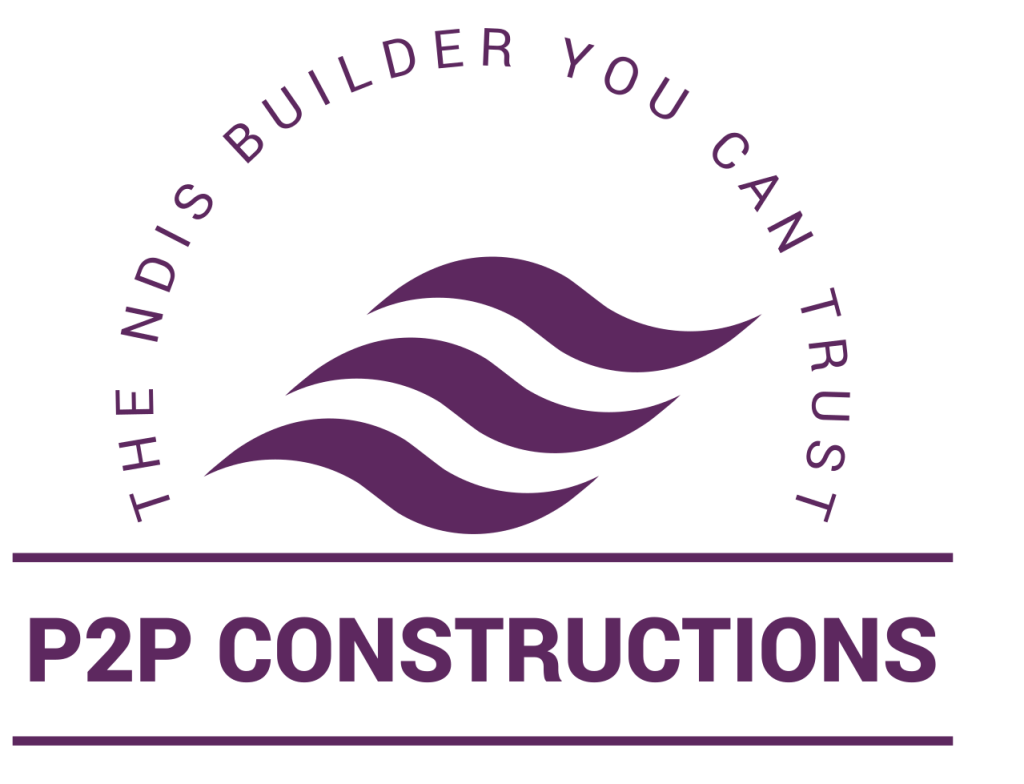In the dynamic world of construction, the legal framework not only sets the standards but also ensures fairness and safety in the industry. Queensland, Australia, is no exception, where construction law encompasses a wide range of legal and regulatory issues that govern how construction projects are initiated, executed, and completed. This blog aims to provide an overview of the key aspects of construction law in Queensland, touching on contracts, disputes, regulations, and compliance.
Introduction To Construction Law In Queensland
Construction law in Queensland is primarily governed by both state and federal laws. It is designed to regulate the relationship between parties involved in construction projects, including owners, contractors, subcontractors, suppliers, and consultants. The law covers numerous aspects such as contract formation, fulfillment of contractual obligations, handling of disputes, safety standards, and environmental regulations.
Key Legislative Frameworks
- Queensland Building and Construction Commission Act 1991 (QBCC Act): This Act establishes the Queensland Building and Construction Commission (QBCC), which regulates the building industry, licenses contractors, handles disputes, and ensures compliance with standards.
- Building Act 1975: This Act provides the framework for building regulation, including the approval process for building works, building inspections, and the roles and responsibilities of building certifiers.
- Subcontractors’ Charges Act 1974: This legislation provides subcontractors with a mechanism to secure payment for the work they have performed directly from the party who has contracted the head contractor.
- Planning Act 2016: This Act governs the planning for and assessment of development within the state, ensuring that the developments meet the required planning standards.
Construction Contracts
The basis of any construction project is the construction contract, which outlines the rights and obligations of the parties involved. In Queensland, construction contracts must comply with the requirements set out in the relevant legislation, such as the QBCC Act. These contracts typically detail the scope of work, pricing, timelines, payment terms, and processes for handling variations and disputes.
Dispute Resolution
Disputes are not uncommon in the construction industry due to the complexity of projects and the multitude of parties involved. Queensland law provides several avenues for dispute resolution:
- Negotiation and Mediation: These are the preferred first steps, focusing on resolving disputes through dialogue and mediation before escalating to more formal proceedings.
- Adjudication under the Building and Construction Industry Payments Act 2004: This Act provides a fast-track statutory mechanism to resolve payment disputes in the construction industry.
- Litigation: If other methods fail, parties may resort to litigation in the courts. The choice between state and federal courts will depend on the specific issues and the amount involved.
Licensing And Compliance
In Queensland, contractors must be licensed to perform certain types of work, which varies based on the nature of the work and the value of the project. The QBCC manages licensing and monitors compliance to ensure that contractors meet the necessary financial, technical, and managerial criteria.
Safety And Environmental Compliance
Safety is paramount in construction, governed by the Work Health and Safety Act 2011, which sets out the responsibilities of all parties to ensure a safe working environment. Environmental compliance is also critical, overseen by the Environmental Protection Act 1994, which aims to protect Queensland’s natural environment while facilitating ecologically sustainable development.
Emerging Trends And Considerations
As the construction industry evolves, so does the legal landscape. Trends such as the increasing use of technology in construction, sustainability practices, and the impact of global economic conditions all influence the development of construction law in Queensland.
Conclusion
Understanding and navigating the complexities of construction law in Queensland is crucial for anyone involved in the construction industry. Whether you are a contractor, developer, or consultant, staying informed about legal obligations and rights can mitigate risks and enhance the success of your projects.
Further Resources And Legal Advice
For those looking for more detailed information or needing specific legal advice, consulting with a legal professional specializing in construction law is advisable. Additionally, the Queensland Building and Construction Commission provides resources and guidance that can be highly beneficial.
This overview provides a snapshot of the comprehensive nature of construction law in Queensland, designed to ensure that construction projects are conducted fairly, safely, and efficiently. Whether you’re just starting out in the industry or are a seasoned professional, a deeper understanding of these laws will assist you in navigating your construction projects more effectively.






